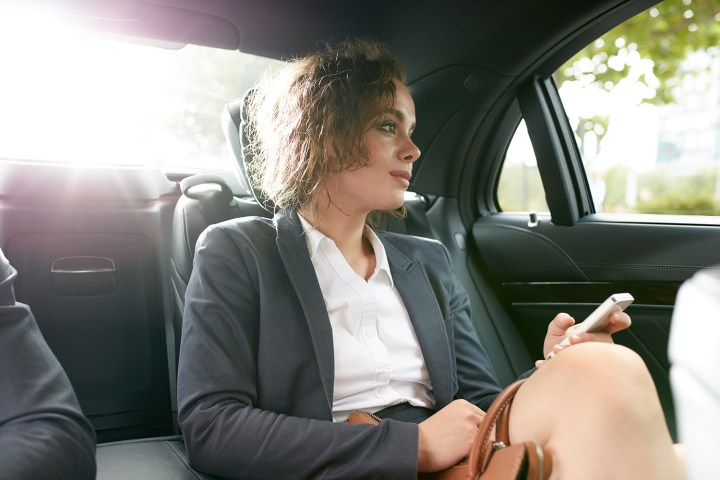
Uber is trying to fix that by using existing technology in smartphones to determine the root causes of complaints. The popular ride-sharing service has been running a pilot program that uses the gyrometer, GPS, and accelerometers in smartphones to see how often vehicles are starting and stopping, as well as the speed it is moving at.
It sounds a little like the company is pushing the border on infringing privacy, but Uber is adamant that it will only be able to view this data if a “rider complains that a driver accelerated too fast and broke too hard.” If the feedback is accurate, the company will get in touch with the driver, and if not, Uber will make sure the driver’s rating remains unaffected.
“We could use technology to determine that the average South Florida Uber driver goes 50 mph and take 50 minutes to drive from Miami to Fort Lauderdale,” chief security officer Joe Sullivan said in the blog post announcement. “For drivers who go much faster on that stretch, we can ask them to curb their enthusiasm.”
The company isn’t just check speed and braking times though. Through the pilot program, Uber is also monitoring if drivers are “constantly moving their phones around,” and will offer mounts to offer hands-free interaction. And to make sure drivers aren’t being distracted by drunk passengers, the company is placing Bop It toys in the back seat of Uber vehicles to keep them entertained. You’ll only be seeing those in Charlotte, North Carolina, for starters.
Seattle Uber users will be able to find their rides easier, as drivers are using “color-coded lights” to signal passengers at night.
Editors' Recommendations
- Uber vs. Lyft
- Uber and Lyft shutdown averted in California after court decision
- California sues Uber, Lyft to force them to make drivers employees
- Uber and Lyft face a cheaper ridesharing rival in New York City
- Dentist fights to uncover identity of person who left negative Google review


